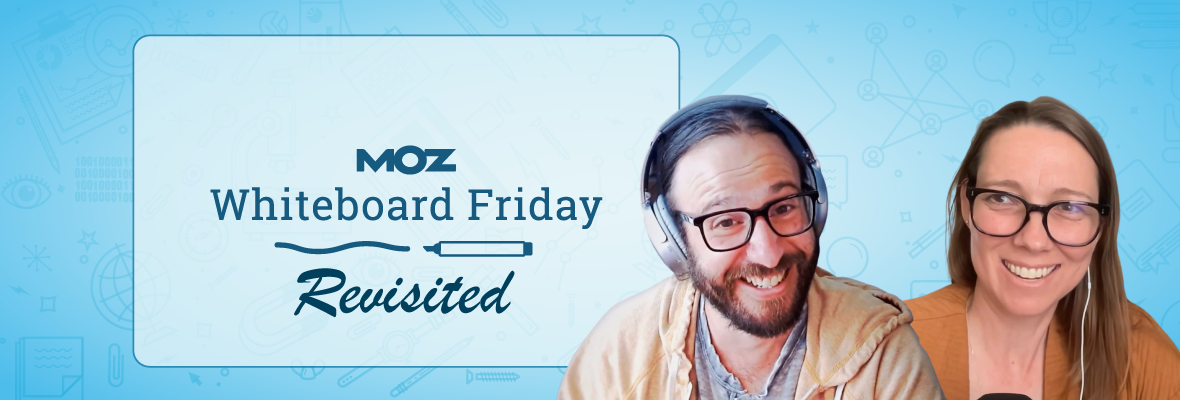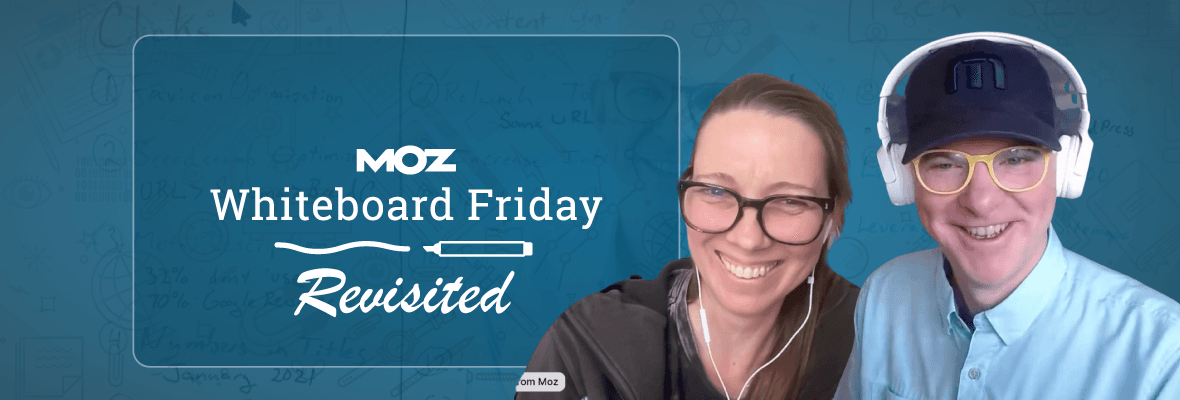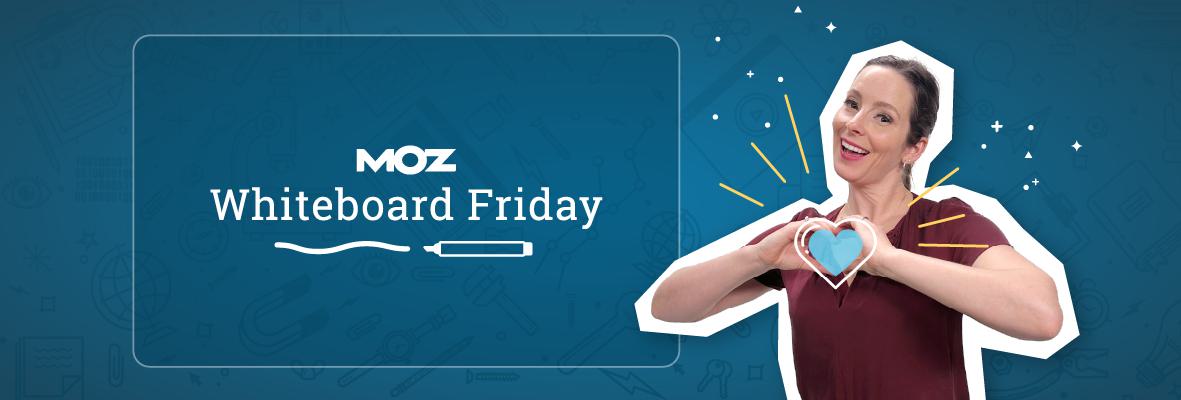

What's New in AI Search? Whiteboard Friday Revisited With Garrett Sussman
This week, Jo is joined by Garrett Sussman as they look back on 12 months of AI Overviews and talk about Google AI Mode, query fan-out, AI search in e-commerce, local SEO, and where we stand on the age-old "Is SEO Dead?" debate.








![How to Create an SEO Forecast [Free Template Included] — Whiteboard Friday](https://moz.rankious.com/_moz/images/blog/banners/WBF-SEOForecasting-Blog_Header.png?auto=compress%2Cformat&fit=crop&dm=1694010279&s=318ed1d453ed4f230e8e4b50ecee5417)















